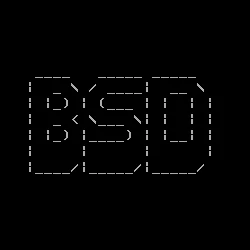FreeBSD Improving Boot Times, Adds Hole-Punching, Better Linux Binary Compatibility

For their period covered from July through September, some of the FreeBSD achievements included:
- FreeBSD is at $180k in fundraising for its $2M budget. Their heightened budget stems from their technology road-map and paying more developers now. FreeBSD is working towards better WiFi, graphics, and hardware support at large, They also want to get features like Thunderbolt 3 and USB4 working in the months ahead along with installer improvements, new performance tooling, and virtualization improvements for Bhyve.
- The FreeBSD ports collection is up to 46.5k ports.
- FreeBSD has been making progress on booting faster. After starting out at around a 30 second baseline, prior work shaved off about 5 seconds. This past quarter more improvements led to around another nearly 10 second reduction... But that still leaves the FreeBSD boot time at around a 15 second baseline and acknowledgement there still is more work to be done in this area.
- Improvements to upstream LLDB 14.0 as the LLVM debugger for enhancing the experience on FreeBSD.
- The Linux compatibility layer for running Linux binaries on FreeBSD has added support for more system calls, making the 64-bit ARM Linuxulator closer to the x86_64 state, and more.
- UEFI boot improvements for AMD64.
- Hole-punching support on FreeBSD for turning a contiguous range of bytes into a hole for a given file. With the FreeBSD support, OpenZFS and TMPFS now support hole-punching on this BSD.
- Improved Intel WiFi wireless driver support.
- An initial port of the Realtek RTW88 driver from Linux to FreeBSD has landed.
- Continued work on supporting WireGuard well under FreeBSD, including work to make use of FreeBSD's in-kernel OpenCrypto Framework (OCP) for its data path.
- Official support for the Valgrind memory profiler has landed upstream in Valgrind 3.18.
- Wine for FreeBSD continues to be updated and improved upon.
See the latest FreeBSD status report in full from FreeBSD.org.
28 Comments

